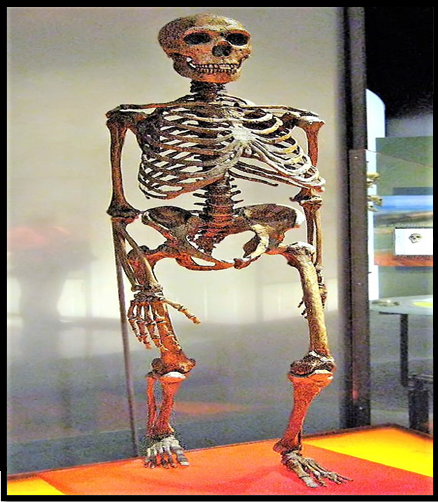NEANDERTHALS: MORNING PEOPLE?
Why in the News?
- A recent study suggests Neanderthals were early risers, and some modern humans may have inherited this trait from them.
- The research compared DNA from living humans with genetic material obtained from Neanderthal fossils, revealing similarities in clock-related genes between the two.
Who are Neanderthals?
Neanderthals, an archaic human species or subspecies, inhabited Eurasia until approximately 40,000 years ago. The initial discovery of Neanderthal 1, the type specimen, dates back to 1856 and was located in the Neander Valley, now situated in Germany.
Intertwined History
- Neanderthal DNA studies since the 1990s have uncovered a shared history between modern humans and Neanderthals.
- The lineages diverged around 700,000 years ago, with Neanderthals migrating to Eurasia while our ancestors stayed in Africa.
Split and Evolution
- Around 400,000 years ago, the Neanderthal population diverged into two groups: one migrated west, becoming Neanderthals, and the other evolved into the Denisovans in the east.
- Both groups lived for thousands of years before vanishing from the fossil record around 40,000 years ago.
Genetic Advantages
- Research suggests genes inherited from Neanderthals and Denisovans offered survival advantages, potentially providing immunity against new pathogens.
- A recent study investigated 246 genes related to the body clock, uncovering over 1,000 unique mutations in modern humans, Neanderthals, and Denisovans.
Genetic Influence on Sleep
- The analysis highlighted significant mutations in the body clock genes, potentially influencing the daily rhythms of ancient hominins.
- Surprisingly, most ancient body-clock variants from Neanderthals and Denisovans were linked to an increased likelihood of individuals being early risers, a revelation that intrigued researchers.




